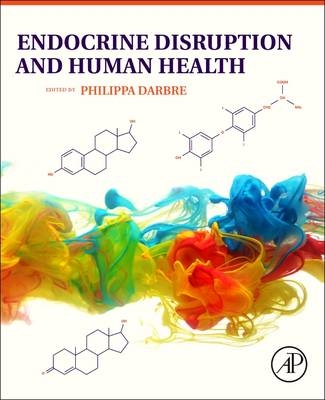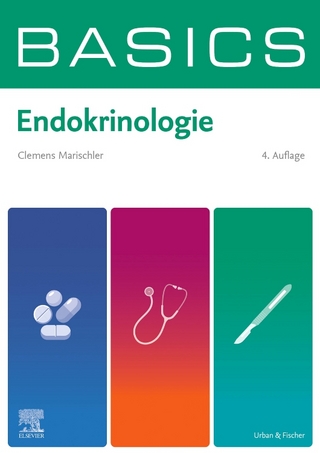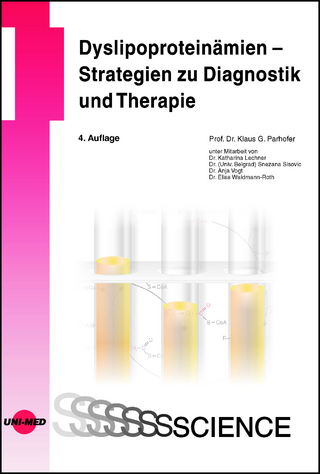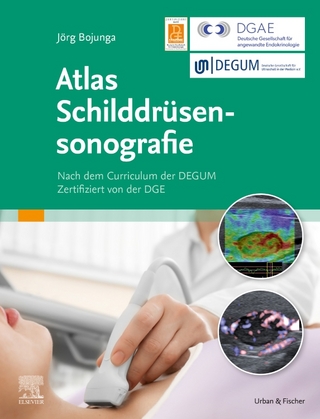
Endocrine Disruption and Human Health
Academic Press Inc (Verlag)
978-0-12-801139-3 (ISBN)
- Titel erscheint in neuer Auflage
- Artikel merken
Professor Philippa Darbre is Professor Emeritus in Oncology in the School of Biological Sciences at the University of Reading in the UK. She is an academic scientist who has been carrying out research into estrogen action in breast cancer for over 40 years and has been investigating the role of estrogen-mimicking chemicals since before the term “endocrine disruption came into being in the early 1990s. She trained as a biochemist and holds the degrees of BScHons from the University of Birmingham, UK (1973) and PhD from the University of Cambridge, UK (1977). Her postdoctoral research began at the Molecular Medicine Institute at the University of Oxford where she held the first Nuffield Medical Research Fellowship of the University of Oxford and a Junior Research Fellowship at St Hugh’s College. In 1981, she moved to the Imperial Cancer Research Fund laboratories in central London (now Cancer Research UK) where she became Head of the Cellular Endocrinology Laboratory. In 1991, she moved to the University of Reading and retired to Emeritus status in 2017. From retirement, she continues research into the role of endocrine disrupting chemicals in breast cancer together with some teaching of undergraduates in endocrinology and cancer. She continues to serve on the editorial board of the Journal of Applied Toxicology, is patron of the charity “Canceractive and is a member of the science panel of the charity, BreastCancer UK. She has written two books on molecular biology methods, has guest-edited a previous journal volume on endocrine disrupters, has published 150 peer-reviewed research papers, and served as founding editor of the first edition of the book, Endocrine Disruption and Human Health.
SECTION 1 – OVERVIEW and SCOPE 1. What is endocrine disruption? 2. Which chemicals are endocrine disruptors? SECTION 2 – MECHANISMS and ASSAY SYSTEMS 3. Environmental oestrogens: disrupters of oestrogen action 4. Disrupters of androgen action 5. Assay systems for studying endocrine disruption 6. Non-monotonic responses in endocrine disruption 7. Endocrine disrupters as modifiers of endogenous hormone synthesis SECTION 3 – CONCERNS FOR HUMAN HEALTH 8. Endocrine disruption and female reproductive health 9. Endocrine disruption and breast cancer 10. Endocrine disruption and male reproductive health 11. Endocrine disruption and prostate cancer 12. Endocrine disruption and thyroid disease 13. Endocrine disruption of adrenal function 14. Endocrine disruption of developmental pathways and children’s health 15. Endocrine disruption of immune function 16. Endocrine disruption and obesity, metabolic syndrome and type 2 diabetes 17. Endocrine disruption and cardiovascular disease 18. Transgenerational effects of endocrine disruption 19. Regulatory considerations
| Verlagsort | San Diego |
|---|---|
| Sprache | englisch |
| Maße | 191 x 235 mm |
| Gewicht | 1020 g |
| Themenwelt | Medizinische Fachgebiete ► Innere Medizin ► Endokrinologie |
| Studium ► 1. Studienabschnitt (Vorklinik) ► Biochemie / Molekularbiologie | |
| ISBN-10 | 0-12-801139-4 / 0128011394 |
| ISBN-13 | 978-0-12-801139-3 / 9780128011393 |
| Zustand | Neuware |
| Informationen gemäß Produktsicherheitsverordnung (GPSR) | |
| Haben Sie eine Frage zum Produkt? |
aus dem Bereich



